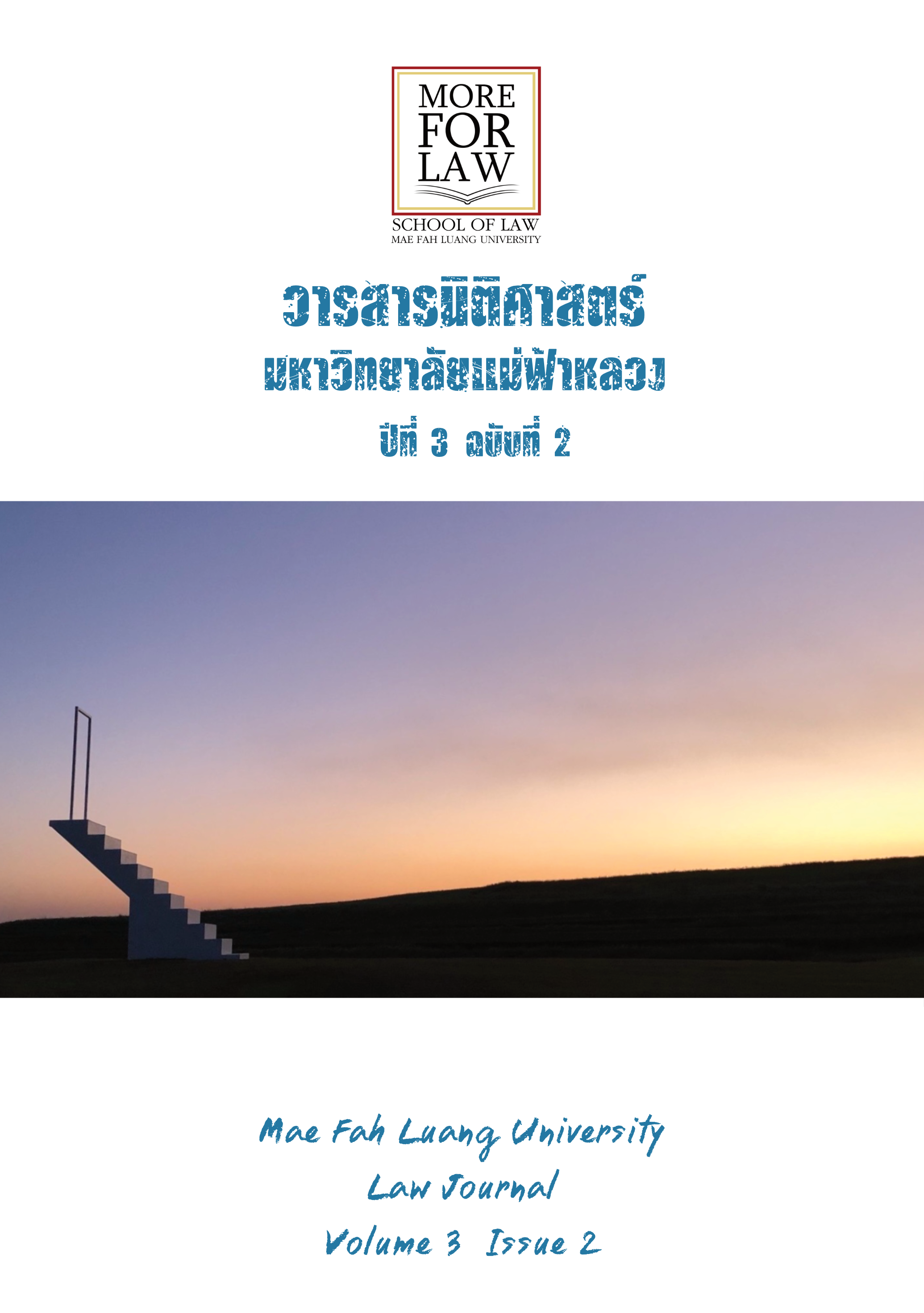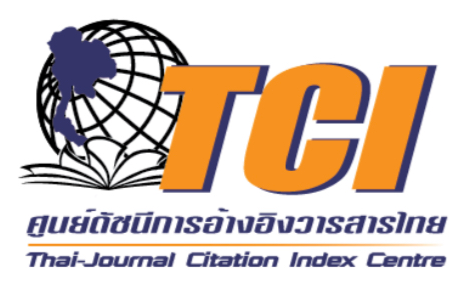Forced Labour Problems and Legal Measures in Reducing the Effect of Fishery Exports to United States of America
DOI:
https://doi.org/10.14456/mfulj.2020.10Keywords:
human trafficking, forced labour, fishery workersAbstract
This article aims to study the human trafficking issue in the part of forced labor of fisheries sector in Thailand which affected to the export of fishery products to the United States of America (USA) as following 1) Ranking the situation level of human trafficking in Thailand according to the report of Trafficking in Person Report (TIP Report) 2) Deprivation of Generalized System of Preferences by USA. The study was conducted by analyzing the provision of international labor convention and law of USA. Based on the study results on various issues, it could be found as follows:
(1) In 2019, Thailand was assessed in Tier 2 by TIP report due to the fact that the government did not show the serious endeavor and continuously to solve the issue of human trafficking according to the minimum standard. The labor law of Thailand does not allow the migrant workers to form labor unions. In addition, Thailand has no appropriate and sufficient legal measures to protect fishery workers regarding to employment contracts.
(2) Thailand was revoked customs duties special right by USA or GSP’s right due to the fact that Thailand disqualified to receive GSP’s right approval. Moreover, Thailand has no law to protect the labor that has the right to provide the organization and protect the right in association management and mutually negotiate in international standard.
According to the study, it was found that the failure to comply with the international labor convention was the major cause of the assessment in Tier 2 by TIP report and the revocation of the GSP’s right by USA. Thus, this study was conducted by comparing the USA law with the labor organization convention relating to fishery working protection. Based on the study results, in order to prevent the effects that may occur to the economic system, Thailand requires to ratify Freedom of Association and Protection of the Right to Organise Convention, 1948 (No. 87) and Right to Organise and Collective Bargaining Convention, 1949 (No. 98), including adding the Labor Relations Act B.E. 2518 (A.D. 1975), Labor Protection of Fishery Worker B.E 2562 (A.D. 2019), the ministry of Labor Protection of Fishery Worker B.E 2557 (A.D. 2014). The mentioned performance does not only prevent the effects that may occur to the economic system in Thailand, but also escalate the forced labor situation in Thailand and enhance an opportunity to obtain the approval of the GSP’s right again.
Downloads
Downloads
Published
How to Cite
Issue
Section
License
Copyright (c) 2020 Mae Fah Luang University Law Journal

This work is licensed under a Creative Commons Attribution-NonCommercial-NoDerivatives 4.0 International License.






